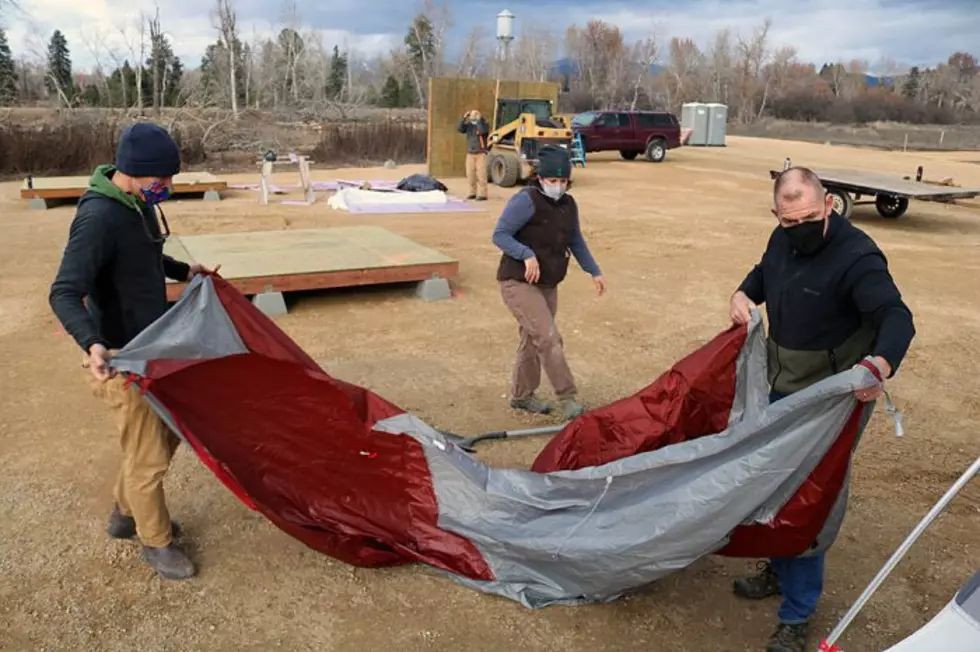
Missoula’s homeless efforts showing success, but long-term funding a challenge
A suite of programs aimed at serving Missoula's homeless population have netted a number of successes over the past year, including a growing number of individuals who found housing and fewer calls to law enforcement.
Service providers on Wednesday praised the efforts funded by the city during last year's budgeting process using revenue from the federal government tied to the Covid 19 pandemic.
But while the programs have moved the dial in serving the homeless and have netted results, funding such efforts without ongoing federal support may be difficult, if not impossible, council members suggested.
“I can tell you but for that federal money, we couldn't have done it,” said council member Gwen Jones. “We wouldn't have the successes we're seeing now. That's going to be the ongoing question, how to figure out how to keep this sustainable.”
Emily Armstrong, the city's Reaching Home coordinator, touched on the success of several programs unveiled within the past year or so. That includes the newly established authorized camp site, which offers 40 spots and 24-hour security.
Opening the location has decreased illegal urban camping and calls to law enforcement, Armstrong said. Calls to the fire department on Mobile Support Team were also reduced.
Across the city, the Temporary Safe Outdoor Space served 86 unique individuals over the past year, and 26 of them transitioned into stable housing. Another 15 obtained a photo identification and eight people were connect to case management.
“Case management, they're overwhelmed with the amount of claims they have to take care of,” said April Seat with the Hope Rescue Mission. “But I love the fact that we have three certified care support specialists that are on site, and we're going to be hiring a fourth.”
Last year, Missoula Mayor John Engen's executive budget made significant investments in a range of social programs. That included $1.1 million to expand the Mobile Support Team and $3.5 million to establish a veterans supportive housing program in partnership with the Poverello.
Funding was also placed in the Affordable Housing Trust Fund and additional revenue was given to the Poverello to help it staff the emergency winter shelter, which also received operational funding. Security requested by residents and council members in certain wards was also funded.
“Rogers International has been a key team member in this,” said Jim Hicks with the Hope Rescue Mission. “Their de-escalation when needed has been there. They build relationships with our partners and clients on site.”
The programs were financed primarily with $14 million in American Rescue Plan Act funding spread over two years. This budgeting season will be the second year, suggesting that additional revenue won't be available to continue the city's new social programs into the future without significant taxpayer support.
That has some council members concerned.
“It's something we need to continually think about. These solutions are expensive and they're important,” said council member Jordan Hess. “What are the most critical investments in the short term that we can make?”
Hess and other members of the council also suggested that letting the programs expire and doing nothing would cost taxpayers more money down the road.
“Doing nothing is more expensive,” said council member Mirtha Becerra. “Budgeting appropriately for solutions is the responsible thing to do. As we get closer to budget time, we need to think about allocating funds for solutions.”
